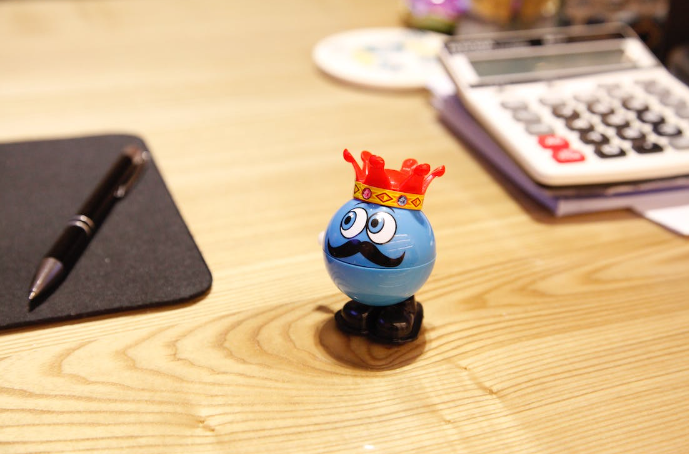Teaching your child about money is one of the most important things you can do as a parent. It’s never too early to start, and the sooner your child learns how to save money, the better off they will be in the future. In fact, money management is one of the most important life skills everyone must have. So teaching your child will help them become more financially aware later on. But how do you teach them? Today, we’ll show you the teaching keys to help your child successfully learn about money management. Follow these tips, and your child will be on their way to becoming a financial success.
The Differences Between Wants and Needs
 The first thing you’ll want to teach your child is the difference between wants and needs. Explain that a need is something necessary for life, such as food, clothing, shelter, and other basic necessities. A want, on the other hand, is something extra; it’s not a requirement but rather something that would be nice to have. Not only will this help them understand the importance of budgeting, but it will also teach them to make better decisions when making purchases.
The first thing you’ll want to teach your child is the difference between wants and needs. Explain that a need is something necessary for life, such as food, clothing, shelter, and other basic necessities. A want, on the other hand, is something extra; it’s not a requirement but rather something that would be nice to have. Not only will this help them understand the importance of budgeting, but it will also teach them to make better decisions when making purchases.
How to Earn Money
After your child understands the concept of spending and budgeting, let’s talk about how they can earn money. It can be through an allowance, a part-time job, or any other way of earning money. But if they’re still a young child, offer a reward for some household task they finish. That way, your child will learn to appreciate the value of hard work and that money isn’t always easy to come by.
Savings Goals and Bank
Now that your child has learned how to spend and earn money properly, it’s time to start saving. Start by setting savings goals for them, such as buying a toy or taking an extra vacation. Then encourage your child to deposit that money into their bank account and watch their savings grow. This will give them a great sense of accomplishment and help instill the idea of delaying gratification until they have saved up enough to purchase their desired item.
Money Habits and Investing
 Once your child has mastered the basics of spending, saving, and budgeting, you can start to explore other aspects of money management, such as investing or creating a money plan for their future. Show them how to prioritize their spending and ensure they are always focused on their long-term financial goals. This will help them develop positive money habits and save more in the long run.
Once your child has mastered the basics of spending, saving, and budgeting, you can start to explore other aspects of money management, such as investing or creating a money plan for their future. Show them how to prioritize their spending and ensure they are always focused on their long-term financial goals. This will help them develop positive money habits and save more in the long run.
These are just some of the keys to teaching your child about money management. By following these steps, you can ensure that your child will have a strong foundation in understanding finances as they age. As a note, they won’t be able to learn without taking a look at how you do with money. So be a good role model they always have a reliable guide to look up to.




